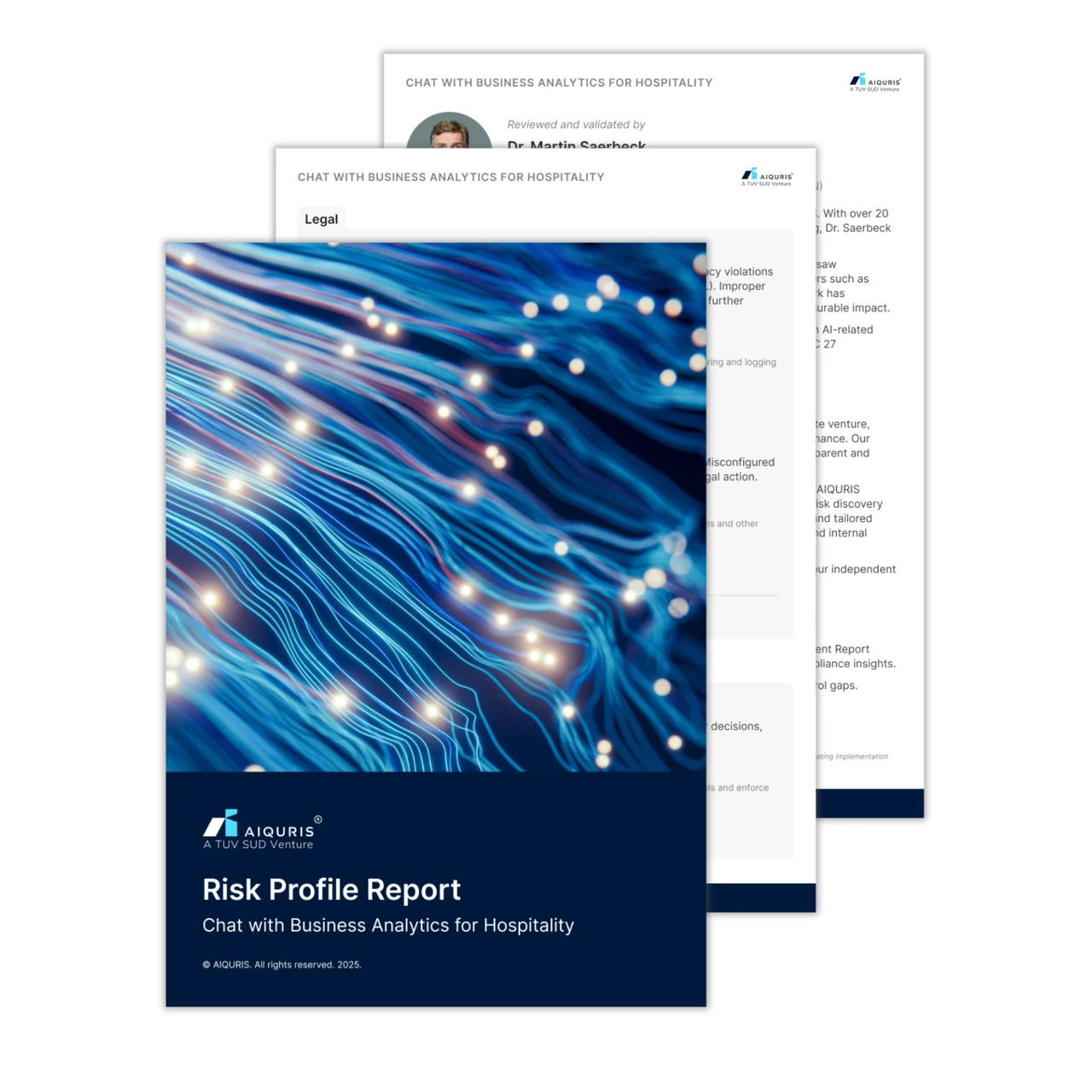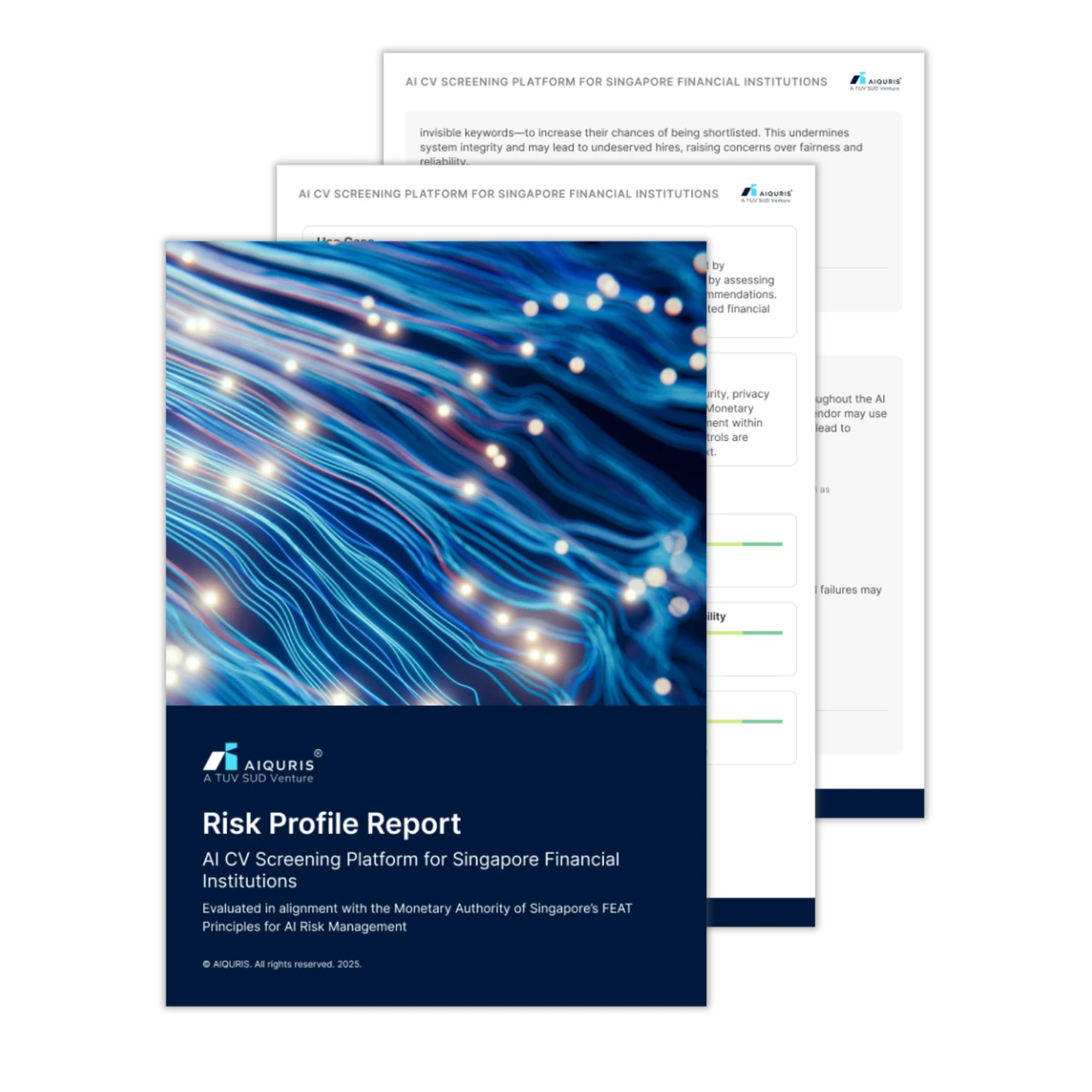As the world increasingly turns to technology for solutions to pressing challenges, Artificial Intelligence (AI) has emerged as both a powerful ally in sustainable development and a potential environmental burden. Balancing these dynamics is essential for realising the benefits of AI while minimising its ecological footprint.
Understanding the Environmental Impact of AI
Recent studies highlight significant concerns regarding the environmental impact of AI technologies. According to the United Nations Environment Programme (UNEP)1, while AI can help tackle environmental issues like climate change through advanced analytics, it also contributes heavily to energy consumption and electronic waste due to the infrastructure required to support it.
Data centres housing AI applications are notorious for their high electricity use—projected to reach 4% of global energy usage by 2026, comparable to Japan's total energy demands (Yale School of Environment)2. This reliance on fossil fuels exacerbates greenhouse gas emissions, creating an urgent need for mitigation strategies that align with sustainability goals. Notably, making a single data centre operational requires substantial resources; producing just one computer can involve up to 800 kg of raw materials, underscoring the extensive resource demand associated with AI hardware.
As AI evolves, organisations must govern emerging risks. AIQURIS ® provides continuous monitoring, tracking AI model changes, regulatory updates, and vulnerabilities. Ensuring compliance with sustainability regulations and standards, it helps businesses manage risk, maintain accountability, and align AI strategies with industry best practices.
AI Applications for Sustainability
Despite these challenges, AI holds remarkable promise for enhancing sustainability across various sectors. AI can optimise resource management in agriculture, reduce emissions in supply chains, and improve energy efficiency in urban planning3. By integrating AI into business processes, organisations can not only boost operational efficiency but also contribute positively to environmental outcomes.
For instance, Ikea implemented an AI recommendation engine aligning product suggestions with customers' sustainability preferences, driving traffic towards environmentally friendly options. This illustrates how companies can leverage AI to meet consumer demand for sustainable products, ultimately fostering a greener marketplace.
Practical Implementation Strategies for Sustainable AI
-
Enhancing Energy Efficiency: Companies should prioritise renewable energy sources, aiming for a 30% reduction in emissions within manufacturing processes through AI tools3.
-
Improving Resource Management: AI assists in precision farming, leading to reductions in water usage by up to 20%, addressing the increasing scarcity of freshwater globally3.
-
Monitoring Emissions: Utilising AI systems for real-time tracking of carbon outputs enables businesses to comply with environmental regulations and strive towards net-zero targets3.
AI in Smart Cities
The concept of smart cities represents one avenue where AI significantly enhances urban living while addressing environmental concerns. For example, Singapore’s Smart Nation initiative integrates AI-driven systems to monitor energy usage and manage resources efficiently, contributing to reduced emissions and improved liveability. Investments in smart city technology aim to create more convenient, cleaner environments without compromising future resources (Forbes)4.
However, deploying such technologies must be approached with caution. Privacy concerns, algorithmic bias, and access disparities pose risks that could undermine the objectives of these urban advancements.
The Role of AIQURIS ® in Enabling Responsible AI Deployment
To effectively harness AI's power in promoting sustainability while managing risks, solutions like AIQURIS ® are crucial. AIQURIS ® provides visibility over AI deployments, ensuring compliance with sustainability and risk management standards. It offers expert-led risk profiling across six pillars: Safety, Security, Legal, Ethics, Performance, and Sustainability. This approach aligns organisations with regulatory expectations and enhances decision-making.
AIQURIS ®'s governance maturity assessments improve governance readiness by benchmarking organisational capabilities. By generating requirements from standards like ISO/IEC 42001 for AI management systems, it minimises legal exposure and accelerates compliant adoption of sustainable AI technologies. This supports global goals such as the UN Sustainable Development Goals (SDGs). Through these features, organisations foster a culture of accountability in sustainable practices by making informed decisions that balance innovation with long-term sustainability success.
In conclusion, while AI presents numerous opportunities for fostering sustainability and transforming our cities, it is crucial to address its environmental impacts proactively. Moreover, sustainable AI practices offer broader societal benefits, including economic growth and improved quality of life. Prioritising these approaches will empower organisations to deploy innovations that drive success and promote a healthier planet.






